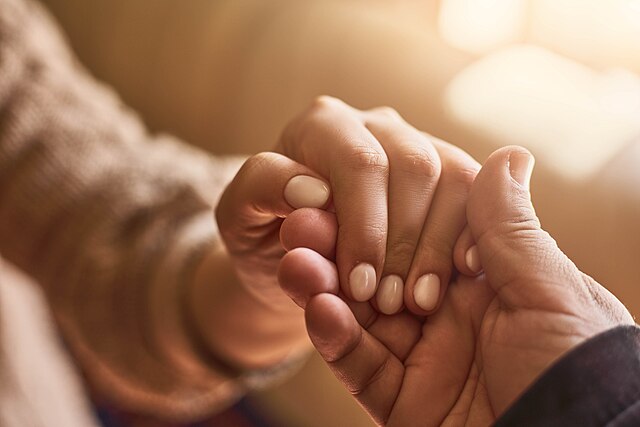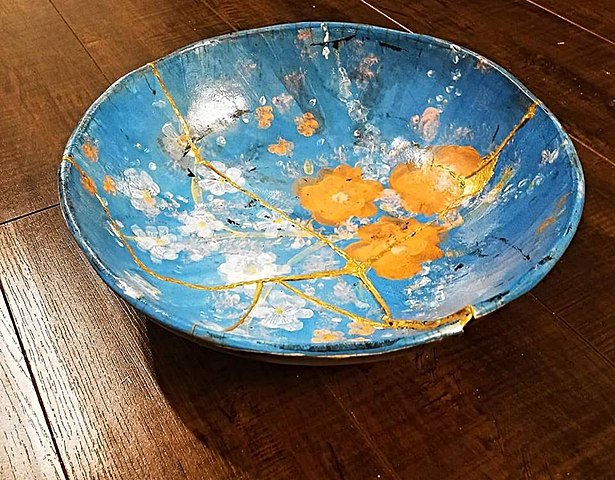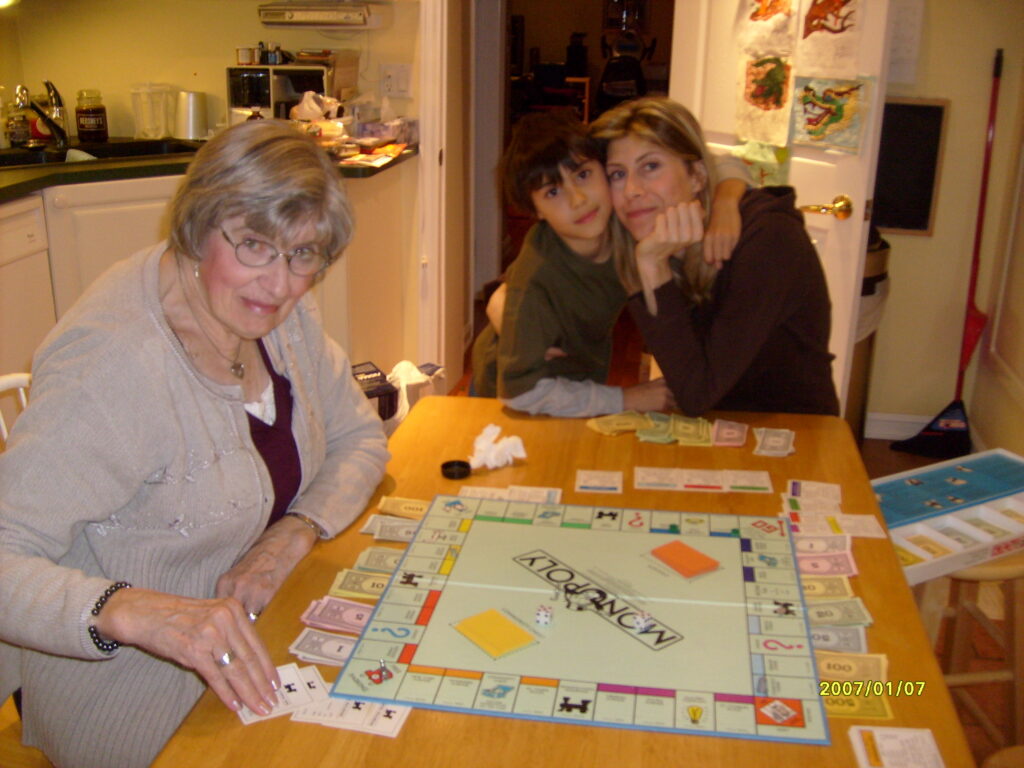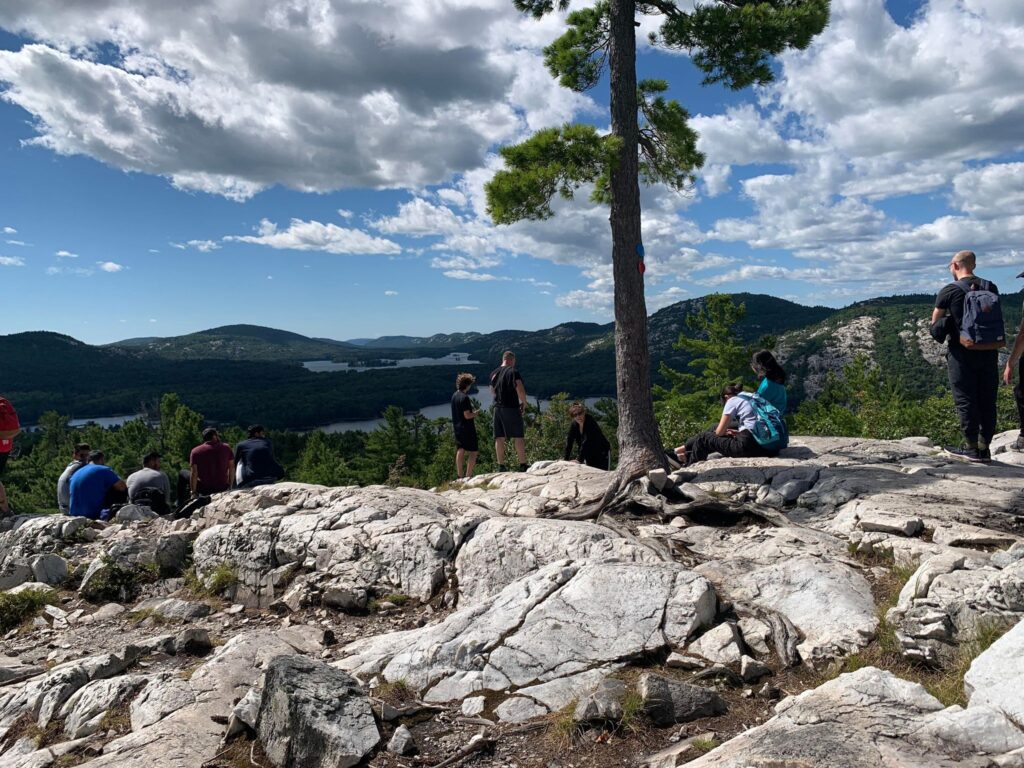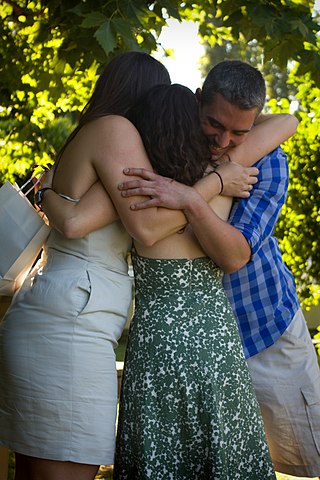
When my youngest son was born, he was a tiny little thing – only 7 lbs to my older son’s nearly 8 lb birth weight – and held himself in the fetal position for months after his birth. At each checkup, my doctor would try to pull his legs down away from his chest to straighten them, worried about his physical development. He advised me to do the same whenever possible, but my son kept pulling them right back up again, as if he needed that skin to skin contact.
In addition to his tendency to hold himself in the fetal position, my son also grew into a colicky baby, who spent more time crying than he did anything else. During that first year of his life, I found it easiest to co-sleep with him. That way I could quickly cradle him whenever he cried, and vigorously jiggle my arms up and down until he settled again. He would resume crying again easily if I put him down too quickly, so I spent many hours dozing in an upright position, his tiny body clutched firmly in my arms.
I remember one time when he was about 8 or 9 months old and he contracted a fever. For long hours of the day and night, I would lie with his hot little body curled right up into my chest, just resting there. I felt so much love for him then, when I realized that the thing that brought him the most comfort was this simple, physical contact with me. Even now, we are still close. He contacts me every week, checking in with me to see how I’m doing. Sometimes now, it feels more like he’s the parent and I’m the child.
Clearly, my son has always needed close, physical connection. But it’s not just him. Connection is important to everyone. As social animals, we need emotional and physical contact with others in order to feel well, in order to be at our best. The pandemic was a good teacher in that respect. Those who were isolated and without a social bubble tended to fall into bouts of anxiety or depression, or both. Those who lived in a full household with plenty of social support weathered the storm more easily.
This is something that I’ve been reflecting on recently, as I think more and more about trauma and how to manage it. I used to think that trauma was an event. That it was something that happened to you, like a beating or a rape, or the sudden death of someone close to you. I thought that if you experienced something like this, you would naturally have trauma. But apparently, that’s not how it works.
Terrible events like these are certainly traumatic, but that doesn’t necessarily mean that they cause trauma. According to the American Psychological Association, trauma is not the event in and of itself, but the emotional response to that event. This means that we only experience trauma when we find ourselves without the resources or supports necessary to successfully navigate it. In short, we experience trauma when we are alone, or when we feel alone. We experience trauma when we lack connection.
Social support has repeatedly been shown to be one of the strongest protection factors against the development of PTSD. It’s an emotional regulator. It helps us feel stronger and more courageous than we could ever be on our own. And while compassionate support is powerful, it’s absence can be equally devastating.
I find that incredibly empowering. Every day, we have the opportunity to make a choice between kindness and compassion or its opposite. Within every hour, we can either save someone’s life, or make it worse. Which is why it’s so important to be mindful. Please remember that many are struggling right now. Please know that we all need care. And with that knowledge, proceed accordingly.

